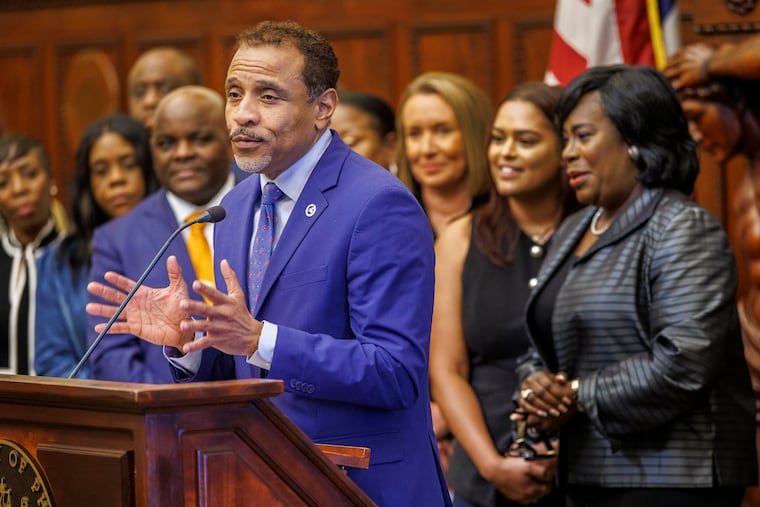India’s innovation efforts hindered as researchers face delays in receiving crucial funding.

New Delhi, India – Securing admission to one of the esteemed Indian Institutes of Technology (IIT) was expected to alleviate the financial pressures for Paras*, an ambitious research fellow. However, he and his family have faced escalating hardships due to significant delays in the federal government’s disbursement of his monthly fellowship allowance of 37,000 rupees (5). This stipend, provided under the INSPIRE scheme by India’s Department of Science and Technology (DST), is crucial for his research into solutions for global public health challenges related to infectious diseases.
The lack of timely funding has impeded Paras’s ability to meet essential expenses, including payments for a laptop purchased for his research, causing his credit score to decline and hindering his financial planning. Coming from a family of farmers in a drought-affected western region of India, his parents’ income is unreliable, dependent on often erratic harvests. Consequently, Paras has had to resort to borrowing money from friends, particularly during the months leading up to the end of the year.
Paras’s situation is not unique. Interviews conducted by ZezapTV with several current and former fellows enrolled in prestigious programs across India—including the IITs and Indian Institutes of Science Education and Research—reveal that many researchers have gone without their stipends for periods ranging from three to nine months. This lack of financial support has severely hindered their research efforts, prompting many to voice their concerns on social media platforms, tagging key government officials, including Prime Minister Narendra Modi and Minister of Science and Technology Jitendra Singh.
Numerous researchers reported the emotional toll these delays have taken on them, crippling their abilities to focus on vital research efforts. Last year, India ranked 39th out of 133 countries in the Global Innovation Index, reflecting its robust potential for innovation, particularly when compared to emerging markets such as Vietnam and the Philippines. The federal government heralded this advancement, claiming it to be driven by initiatives that promote technological growth and entrepreneurship.
Prime Minister Modi proudly announced increases in governmental spending on research and development, which has escalated from 600 billion rupees (.05 billion) to over 1,250 billion rupees (.7 billion) in just a decade. However, while government reports celebrate these milestones, analysts have noted a troubling trend: a pronounced shift in funding priorities toward commercial research dominated by private enterprises, leaving academic and exploratory research underfunded. Approximately 70 percent of the current budget has been allocated for initiatives aimed at supporting private companies exploring emerging technologies, such as semiconductors, while funding for fellowships like INSPIRE appears to have been reduced.
The INSPIRE program aims to attract and retain promising researchers in disciplines ranging from climate science and renewable energy to agriculture and neuroscience. Despite the potential for innovation inherent in these programs, the ongoing delays in funding have raised serious concerns among fellow researchers. Many applicants are now contemplating opportunities abroad, perceiving them as more conducive to productive research environments that are often better supported.
The plight of India’s talented researchers calls for immediate attention from policymakers to ensure that their foundational work in innovation and technology is not jeopardized by administrative inefficiencies. As the government pursues its ambitious goals of becoming a global leader in research and development, it is imperative that the voices of those on the front lines of academic research are heard, and that they receive the support they need to thrive.
#IndiaResearch #CultureNews






